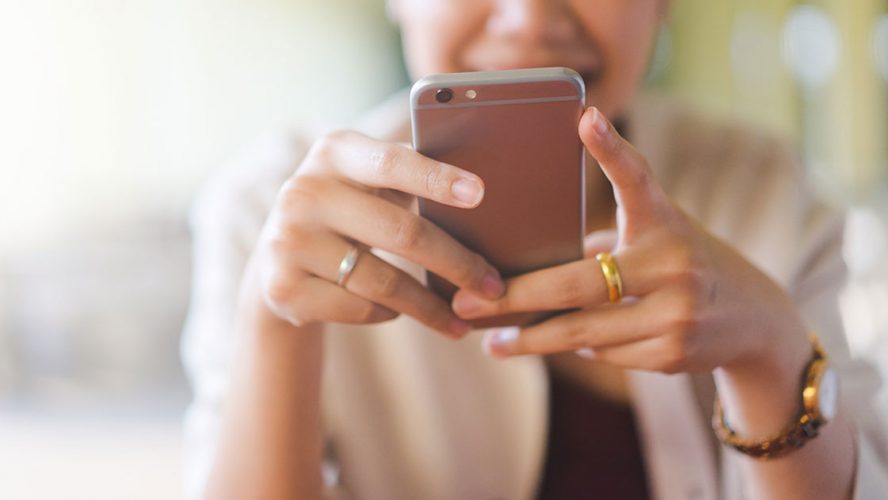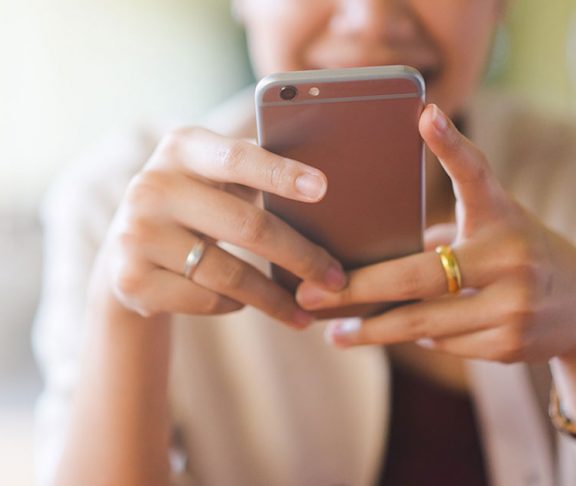
Don Rucker, M.D.
National Coordinator, Health IT
While the U.S. healthcare system overall continues to benefit from the widespread use of computers to manage healthcare records, patients have not yet seen these changes come to their computers or smartphones, and it remains difficult for patients to electronically receive copies of their health information. We can shop for many things on our smartphones and other personal devices — but medical care is not one of them.
The modern medicinal age
In 2016, Congress overwhelmingly passed the 21st Century Cures Act. That’s noteworthy because is it directed the U.S. Department of Health and Human Services (HHS) to help make sure patients have better access to their electronic health information in a format that is easy to understand, secure, and updated automatically. Being able to get our health records with modern software will allow us to shop for and manage our care.
This law also aims to give doctors and hospitals access to their patients’ medical records regardless of the electronic health record system they use. This helps to provide patients with more coordinated care and reduce the endless need to repeat tests every time they see a different doctor.
Hurdles to overcome
While many of us can now view our health information through our clinicians’ web-based portals, the information is not always easy to understand, download, or share with our other doctors and loved ones. My office, the Office of the National Coordinator (ONC) for Health Information Technology, a part of HHS, is working to make sure that with expanded Internet bandwidth and new technical standards, electronic health information can move from one provider to another, from the doctor to the patient, and ultimately, to our smartphones.
Many of us already use software applications to help us in our daily lives, apps like those we use to manage traffic data for our commutes, conduct banking, book air travel, or even order dinner for delivery. But most of us do not have apps that allow us to shop for healthcare or manage our health using data from our medical record.
Words versus actions
The Health Insurance Portability and Accountability Act (HIPAA) Privacy Rule gives patients the right to get a copy of their health information, and while we have seen many efforts and new apps making this data available, more work needs to be done.
Earlier this year, ONC and the Centers for Medicare & Medicaid Services proposed new rules that would expand the use of healthcare-related application programming interfaces (APIs), the backbone that helps software programs communicate. APIs will make health information easier to share from your doctor’s electronic health record to an app of your choice. We received more than 2,000 public comments on these proposals and expect to finalize these rules later this year.
Once the rules are finalized, we anticipate that more health information will be available electronically where it is needed. Once that information is available on your smartphone, you will need to understand the importance of keeping it secure, just like you do when sharing sensitive information with other apps (e.g., banking). But the decision to even use an app to access your health information will ultimately be left only to you. Powered by the nation’s growing app economy, we are already starting to see new health apps that will give us more choices in our healthcare.


